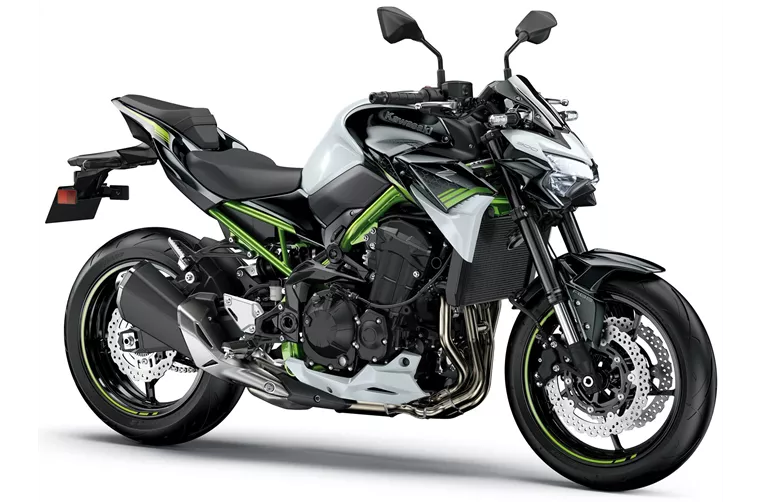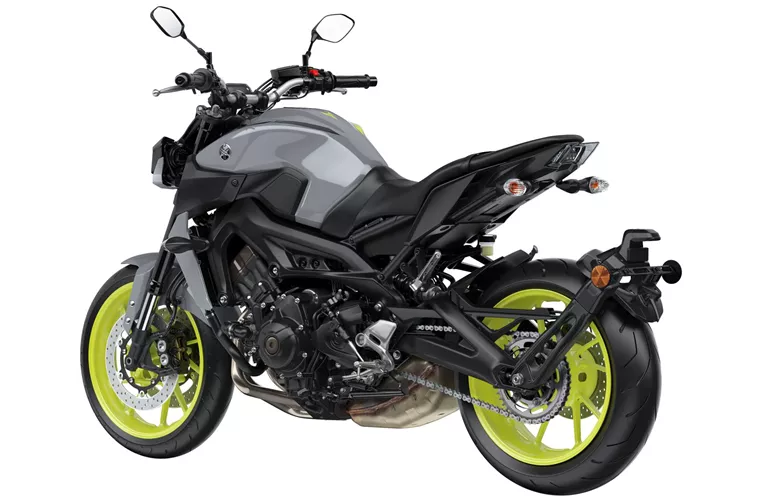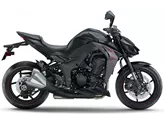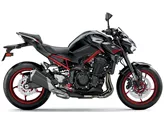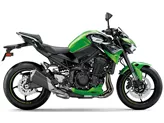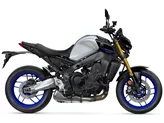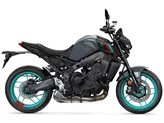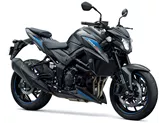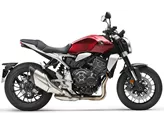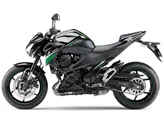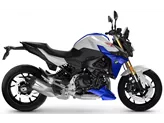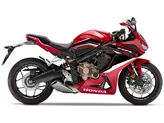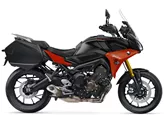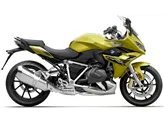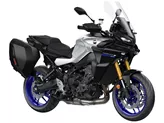Kawasaki Z900 2020 vs. Yamaha MT-09 2017
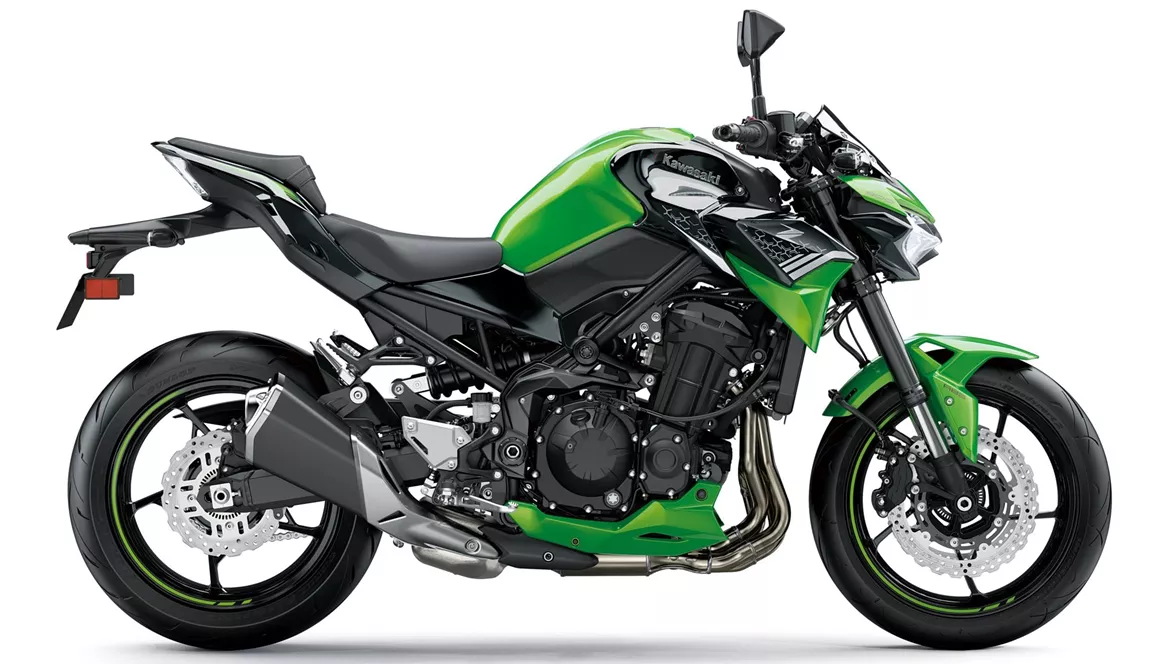
Kawasaki Z900 2020
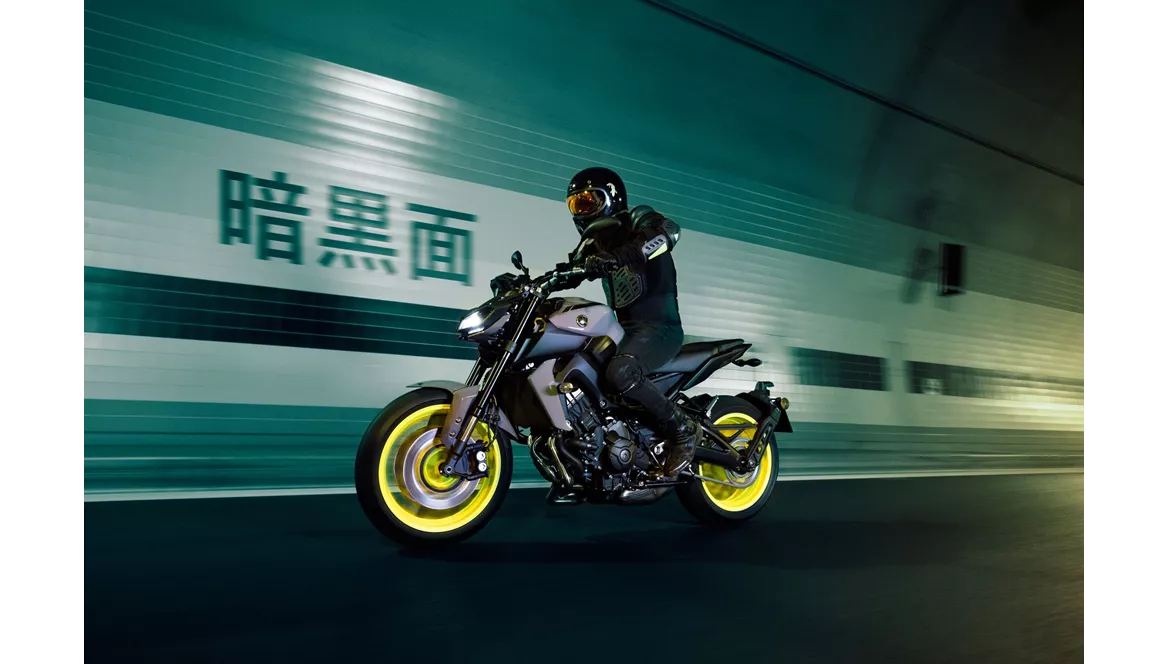
Yamaha MT-09 2017
Overview - Kawasaki Z900 2020 vs Yamaha MT-09 2017
The Kawasaki Z900 2020 and the Yamaha MT-09 2017 are both naked bikes with similar engine types, inline configurations, and liquid cooling systems. However, there are several differences between the two models in terms of engine power, torque, fuel system, and other technical specifications.
In terms of engine power, the Kawasaki Z900 2020 has a higher output with 125.4 HP compared to the Yamaha MT-09 2017 with 115 HP. Similarly, the Z900 also has a higher torque of 98.6 Nm compared to the MT-09's 87.5 Nm. This difference in power and torque may result in a more exhilarating riding experience on the Z900.
Both bikes feature fuel injection systems, ensuring efficient fuel delivery and performance. The Z900 has four cylinders, while the MT-09 has three cylinders, which may affect the overall engine performance and smoothness.
In terms of suspension, both bikes have upside-down telescopic forks in the front and swing arm suspension with a monoshock absorber at the rear. This setup provides good stability and handling on various road conditions.
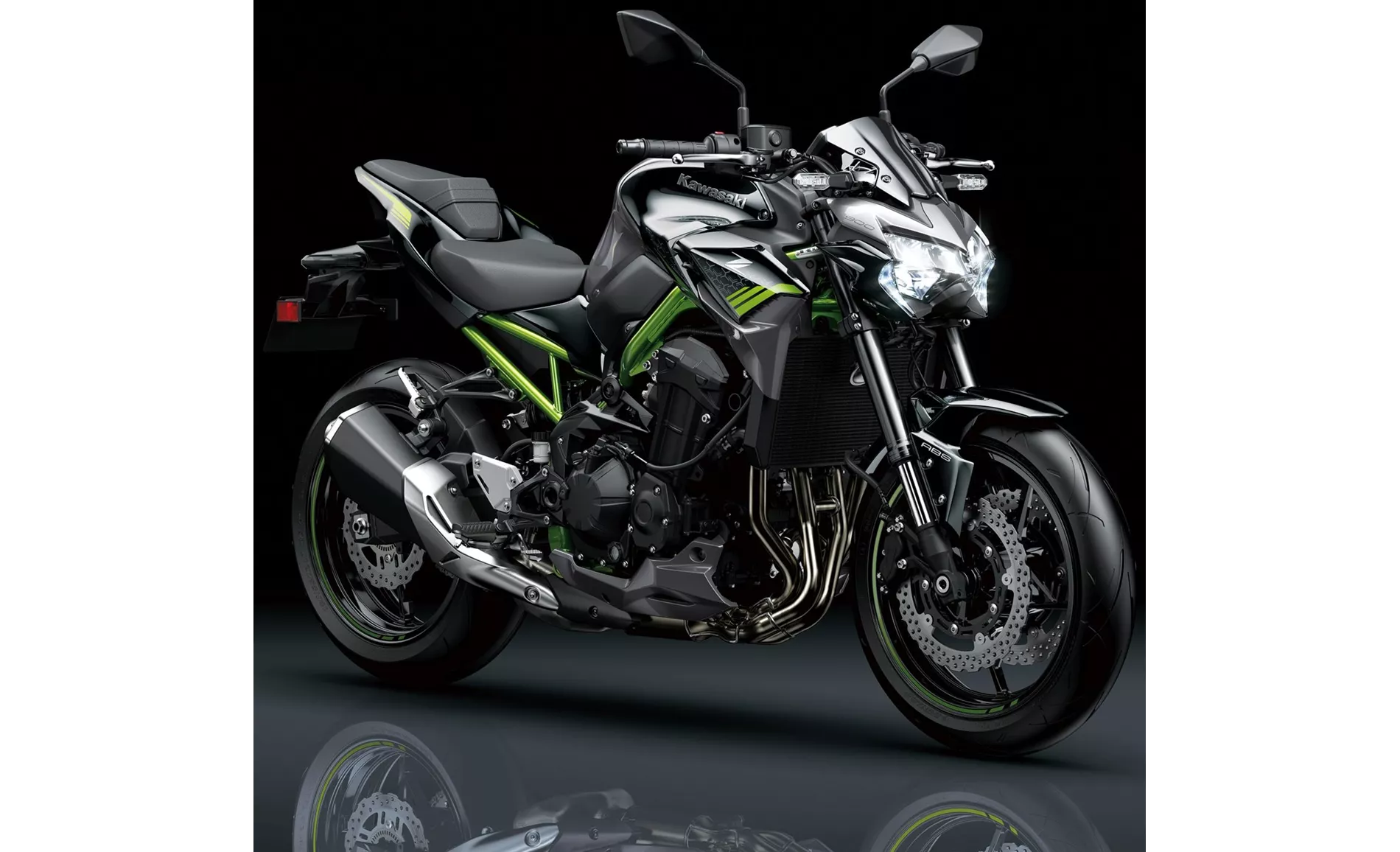
Kawasaki Z900 2020
The chassis of the Z900 is made of steel and has a double cradle frame, while the MT-09 features an aluminum frame with a twin tube design. The choice of materials and frame design may affect the overall weight and rigidity of the bikes, potentially influencing their handling characteristics.
Both bikes have double disk brakes in the front, but the Z900 has slightly larger diameter disks at 300 mm compared to the MT-09's 298 mm. This may result in slightly better braking performance on the Z900.
In terms of advanced rider assistance systems, both bikes feature ABS and traction control. However, the Z900 offers additional features such as riding modes and ride by wire, which can enhance the overall riding experience and customization options.
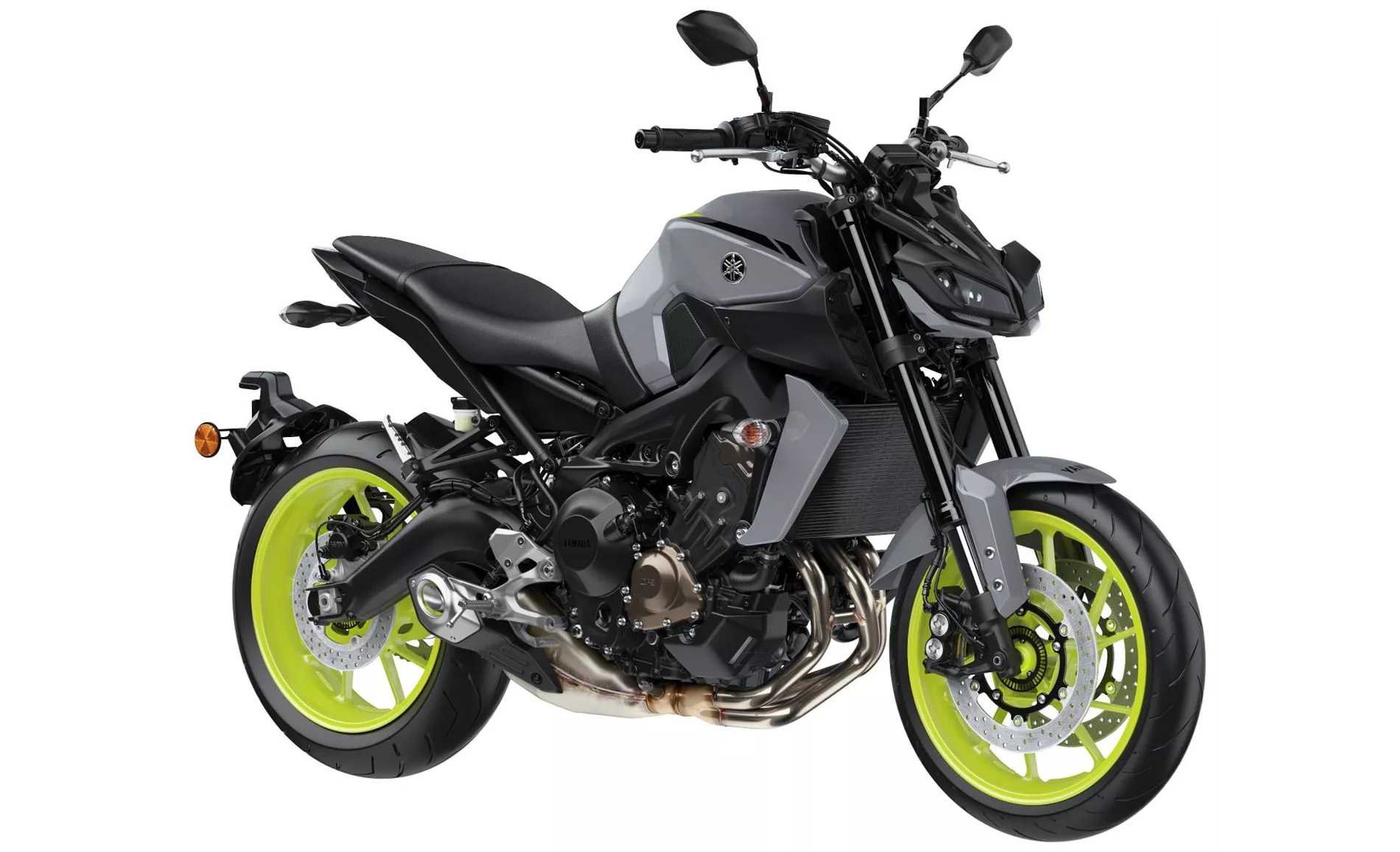
Yamaha MT-09 2017
In terms of dimensions and weights, both bikes have similar front and rear tire widths and diameters. The Z900 has a slightly longer wheelbase of 1450 mm compared to the MT-09's 1440 mm. The seat height of the Z900 is also slightly lower at 795 mm compared to the MT-09's 815 mm. However, the Z900 is slightly heavier with a kerb weight of 210 kg compared to the MT-09's 193 kg.
In terms of strengths, the Kawasaki Z900 2020 is praised for its powerful four-cylinder engine, great handling, good equipment, aggressive looks, and value for money. On the other hand, the Yamaha MT-09 2017 is praised for its Öhlins suspension, Akrapovic exhaust system, Magura HC3 radial brake pump, Carbon2Race covers, and effective combination of seat, footrests, and handlebar clamps.
As for weaknesses, the Z900 is criticized for its somewhat tiring menu navigation and the lack of a quickshifter option. On the other hand, the MT-09 is criticized for its financial outlay, requiring a lot of working time, certain parts needing to be registered, and the ECU flash not being road legal.
Overall, both the Kawasaki Z900 2020 and the Yamaha MT-09 2017 are powerful and capable naked bikes with their own strengths and weaknesses. The choice between the two would depend on individual preferences, budget, and intended use.
Technical Specifications Kawasaki Z900 2020 compared to Yamaha MT-09 2017
Pros and Cons in comparison
Pros and Cons in comparison
Kawasaki Z900 2020
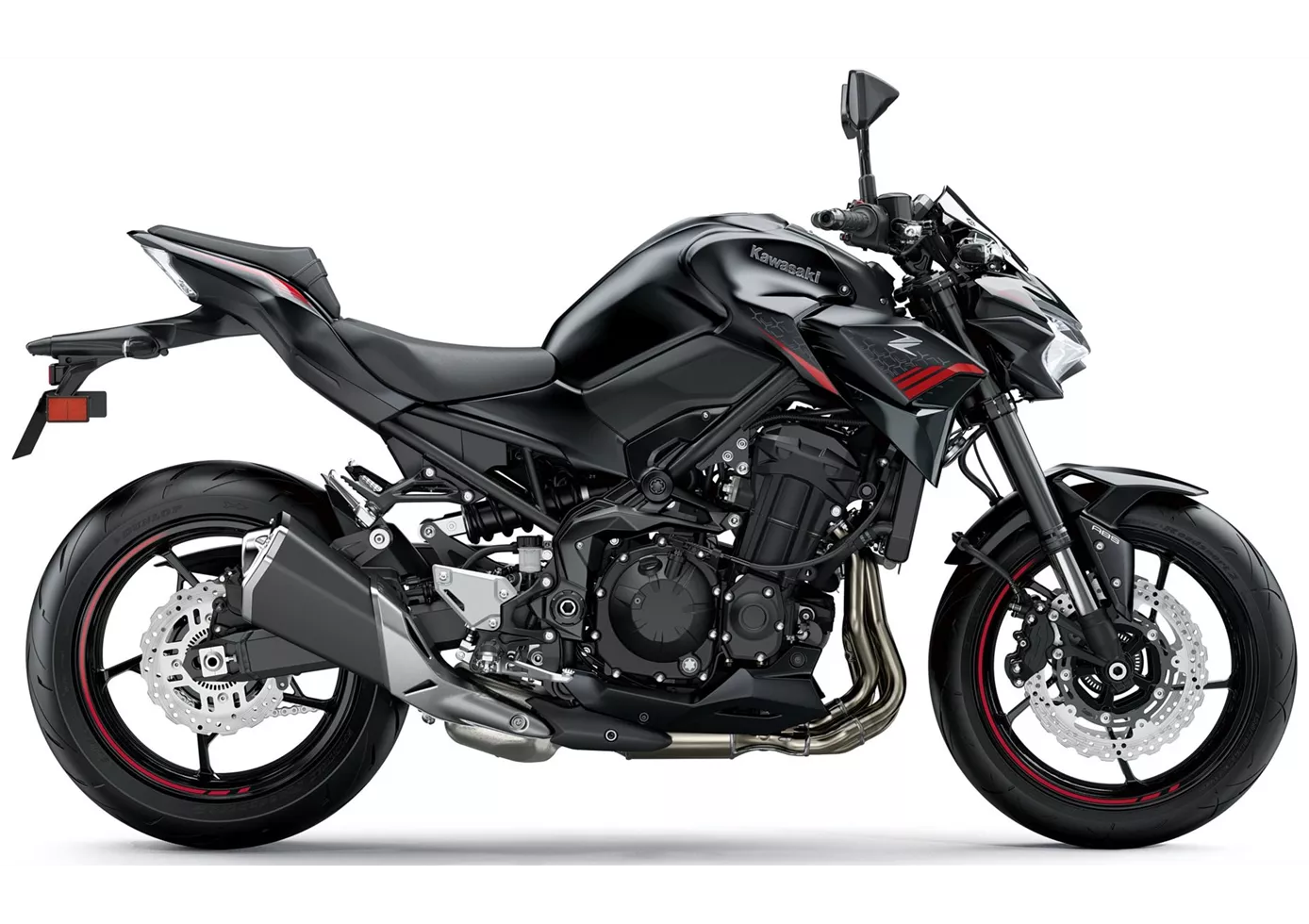
In terms of price-performance, the Kawasaki Z900 is hard to beat at the moment. With the perfectly tuned engine, the high-quality chassis components and the electronics added for 2020, this naked bike offers everything that sporty riders will be looking for. There is really nothing to complain about, even if the option of a quickshifter would have been a nice extra. Apart from that: great shot, Kawasaki!
Yamaha MT-09 2017
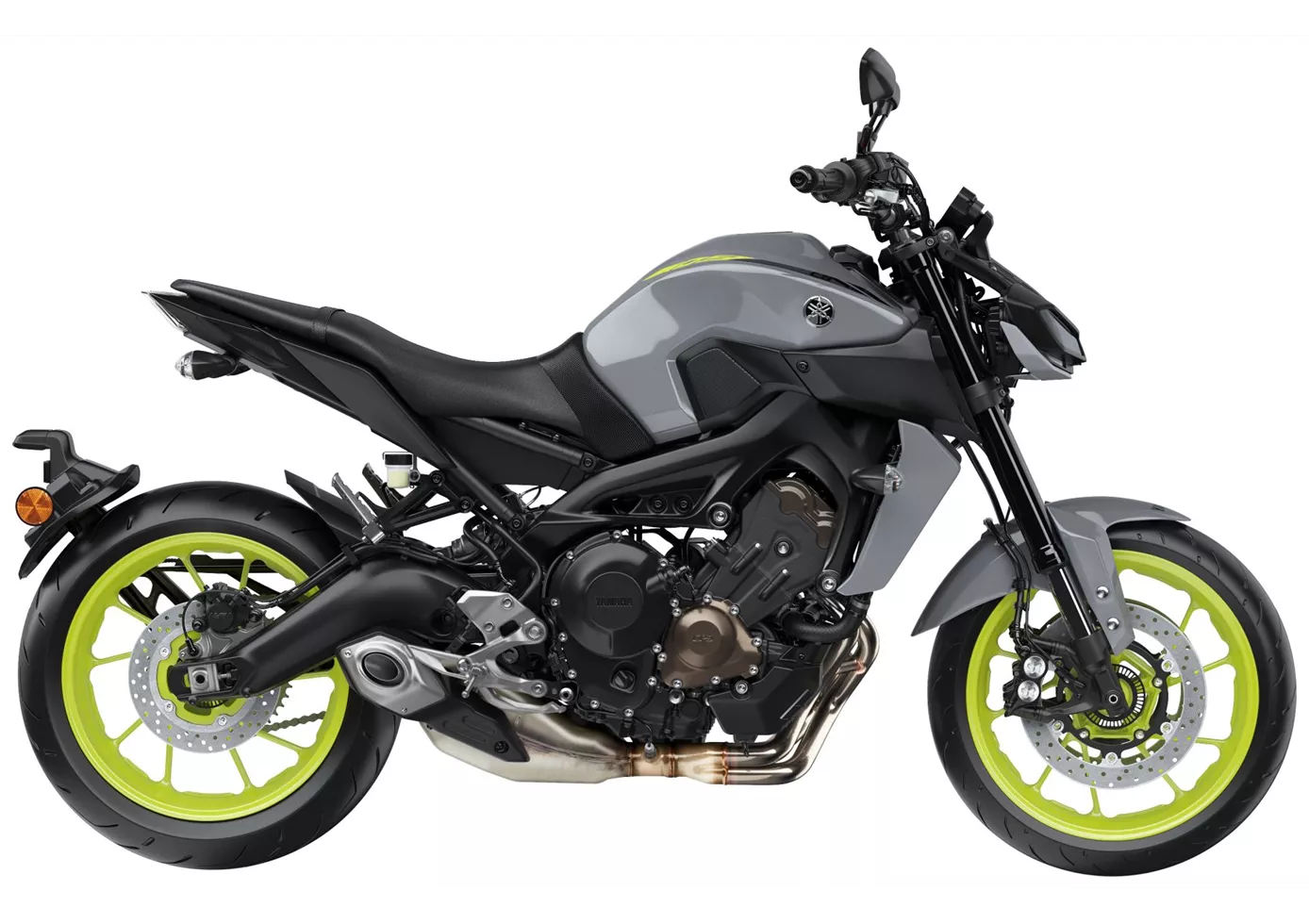
In conclusion, after several stops throughout the season, I can look back on a great result. Both in terms of performance and looks, our MT-09 is perfect. The suspension was probably our most important issue. Where before there was clearly (too much) movement in the rear in fast corners, now it is ironed over without batting an eyelid. The STX 46 shock absorber is quite stiff in its basic configuration, but also manages to get through everyday life without being uncomfortable. Thanks to generous adjustment options, there is still room for individual preferences and uses. The function of the NIX 30 cartridge is also impressive. The response behaviour - especially under load - has improved significantly. There is now also much more reserve available when braking. Where before the fork went into block and the ABS triggered when braking hard with the original set-up, now the brakes simply continue to work effectively. In addition, the MT-09 now follows the intended line in the curve radius as if by itself - a pure pleasure. The sight and sound of the Akrapovic complete system are also pure joy, and the fact that it produces a few more horsepower is felt effectively, especially in the upper third of the rev range. The front wheel shoots even more willingly into the gallery in 2nd and 3rd gear.
Price Comparison Avarage Market Price Kawasaki Z900 vs Yamaha MT-09
There are a few key differences between a Kawasaki Z900 2020 and a Yamaha MT-09 2017. In terms of price, the actual average price of a Kawasaki Z900 2020 is about 8% higher. Compared to Yamaha MT-09 2017 there are more Kawasaki Z900 2020 bikes available on the 1000PS.de Marketplace, specifically 34 compared to 10. It takes less time to sell a Yamaha MT-09 with 73 days compared to 124 days for the Kawasaki Z900. Since model year 2017 1000PS.de editors have written 46 reviews for the Kawasaki Z900 and 57 reviews for the Yamaha MT-09 since model year 2013. The first review for the Kawasaki Z900 was published on 11/11/2016 and now has more than 93,200 views. This compares to more than 39,900 views for the first review on Yamaha MT-09 published on 6/10/2013.
